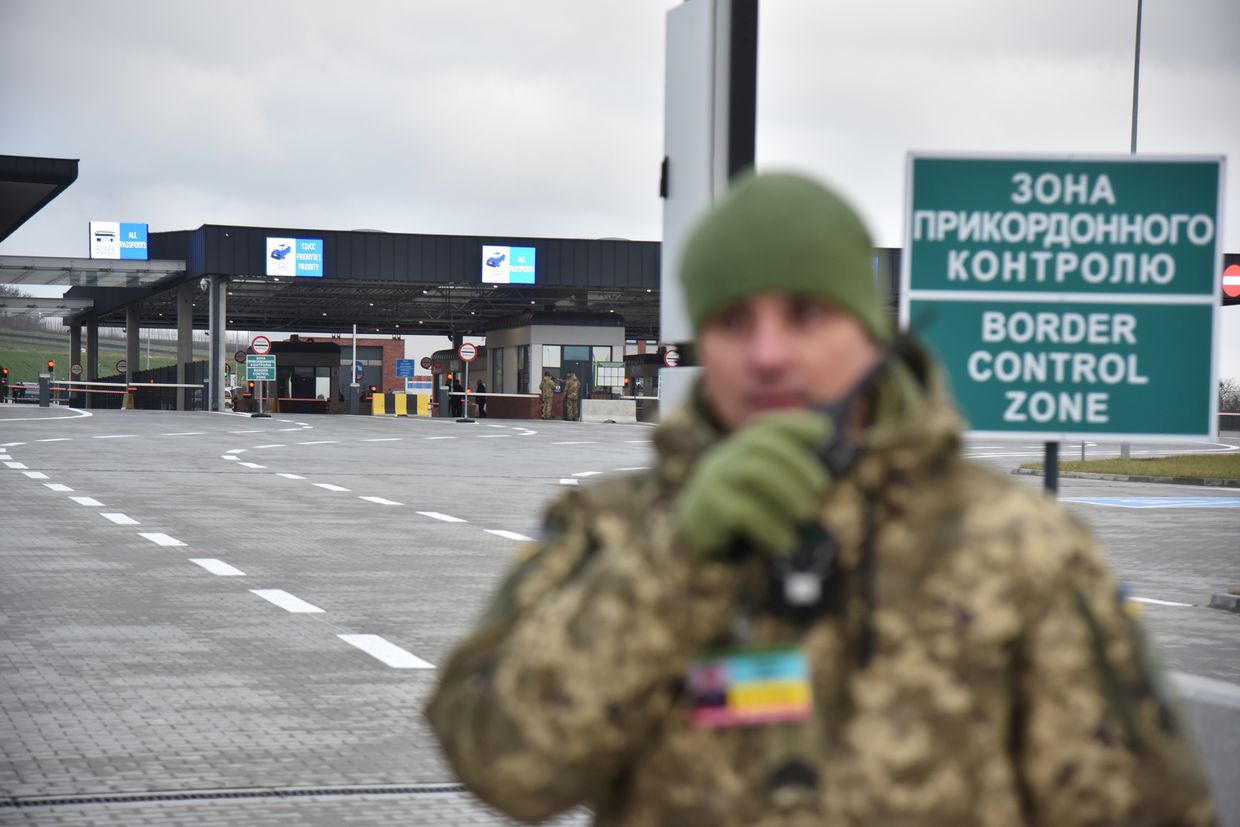New study warns Ukraine must break up old business order to thrive post-war

Ukraine’s business climate experienced a persistent slide between 2008 and 2019, characterized by a slowdown in new entrepreneurial activity, reduced competition, and increased dominance by large, inefficient companies, according to a new study.
To reverse course and capitalize on its emerging tech ecosystem and future reconstruction efforts, Ukraine must dismantle the influence of sluggish state-owned enterprises and politically favored large firms, say economists at the World Bank and the University of Chicago who authored the report, a first detailed long-term analysis of the country's manufacturing sector.
While Ukraine resembled a competitive and high-growth economy — similar to the U.S. — from 2002 to 2008, the next 11 years were marked by a “troubling decline in business dynamism," the report says.
The paper captures almost all companies in the manufacturing sector over a 17-year period. Few empirical studies have examined Ukraine across such a long time period, where there has not been a census since 2001.
Their findings partly explain Ukraine’s anemic economic progress compared to other post-Communist transition countries, like Poland and Lithuania.

What happened and why?
An important driver of economic growth in any economy is a process called "creative destruction" — when new, innovative companies enter the market and displace outdated technologies, jobs, and policies.
The study found that instead of creative destruction in Ukraine, there has been a rise of what it calls "entrenched incumbents" since 2008 — big and inefficient companies, which succeed not because they create better products in a more efficient way, but by exploiting regulation and good personal relations with bureaucracy or the state.
The authors show that fewer firms have captured a growing share of Ukraine’s economic activity, reflecting a decline in competition.
Large state-owned enterprises contribute to the problem, having captured a bigger slice of the pie over time, despite tending to have lower productivity and weaker governance.
Ukraine has over 3,000 state-owned-enterprises across several major sectors, including energy, banking and defense. Privatization rates have been slow.
These forces appear to have deterred new, innovative firms from entering the market, who fear not being able to compete with such large, well-connected companies.
"When you look at Ukrainian firms from 2014 to 2019, they look like Indian firms," Ufuk Akcigit, one of the authors of the study, told the Kyiv Independent.
"In India, there’s a lack of trust in the institutional environment, so business owners don’t have an incentive to scale things up," he explained.
This is clearly shown in the data: the entry of new companies into Ukraine’s economy has declined, and young companies have barely increased in size since 2014.

It also disincentivizes companies from investing in research and development, a crucial driver of innovation in an economy.
The study shows that, even with government support like subsidies, firms won’t invest in new ideas due to a lack of trust in the business environment.
While the paper identifies cronyism as one factor behind Ukraine’s “entrenched incumbent” problem, there are likely other factors at play.
"In 2008 and in 2014, the Ukrainian economy experienced some massive macro shocks, and a lot of policies were implemented in response to those shocks. Whatever those policies were, even if well-intended, may not have led to a more competitive environment," he said.
The paper also recognizes that Crimea, Donetsk, and Luhansk were home to some of Ukraine’s most dynamic firms up to 2013, before being annexed and invaded by Russia in 2014.
Can Ukraine pivot for reconstruction?
The study cites the Marshall Plan’s emphasis on introducing competition as a key reason behind Europe's post-war reconstruction success, breaking up cartellized industries.
The findings warn that to make the most of Ukraine’s future reconstruction, Ukraine has to solve its “entrenched incumbent” problem.
"The economy wasn’t going in a good direction pre-war, so Ukraine shouldn’t revert to the previous policies. Instead, it should rebuild with the mindset of efficiency," said Akcigit.
That means breaking up its entrenched and politically linked firms, introducing competition, and ensuring that competition is merit-based.
The study concludes in 2019, so it does not capture the drastic changes in Ukraine’s economy post-COVID and full-scale invasion by Russia.
Ukraine is now a hub for military technology — over 500 companies are now active in the drone sector alone, and a flurry of joint ventures agreed on the sidelines of the Rome Recovery Conference in July 2025 signals the world’s growing interest in Ukraine’s burgeoning tech and drone ecosystem.

While potentially a springboard for Ukraine’s post-war growth, Akcigit cautions that they may not fulfill that role if Ukraine doesn’t fix its "entrenched incumbent" problem.
"There might be some promising and successful firms today, but tomorrow needs its own successful firms," he warned.
"Tomorrow’s superstars are today’s young entrepreneurs and businesses, and for this to be a sustainable growth story, there has to be room for today’s young businesses to expand to become tomorrow’s superstars."












